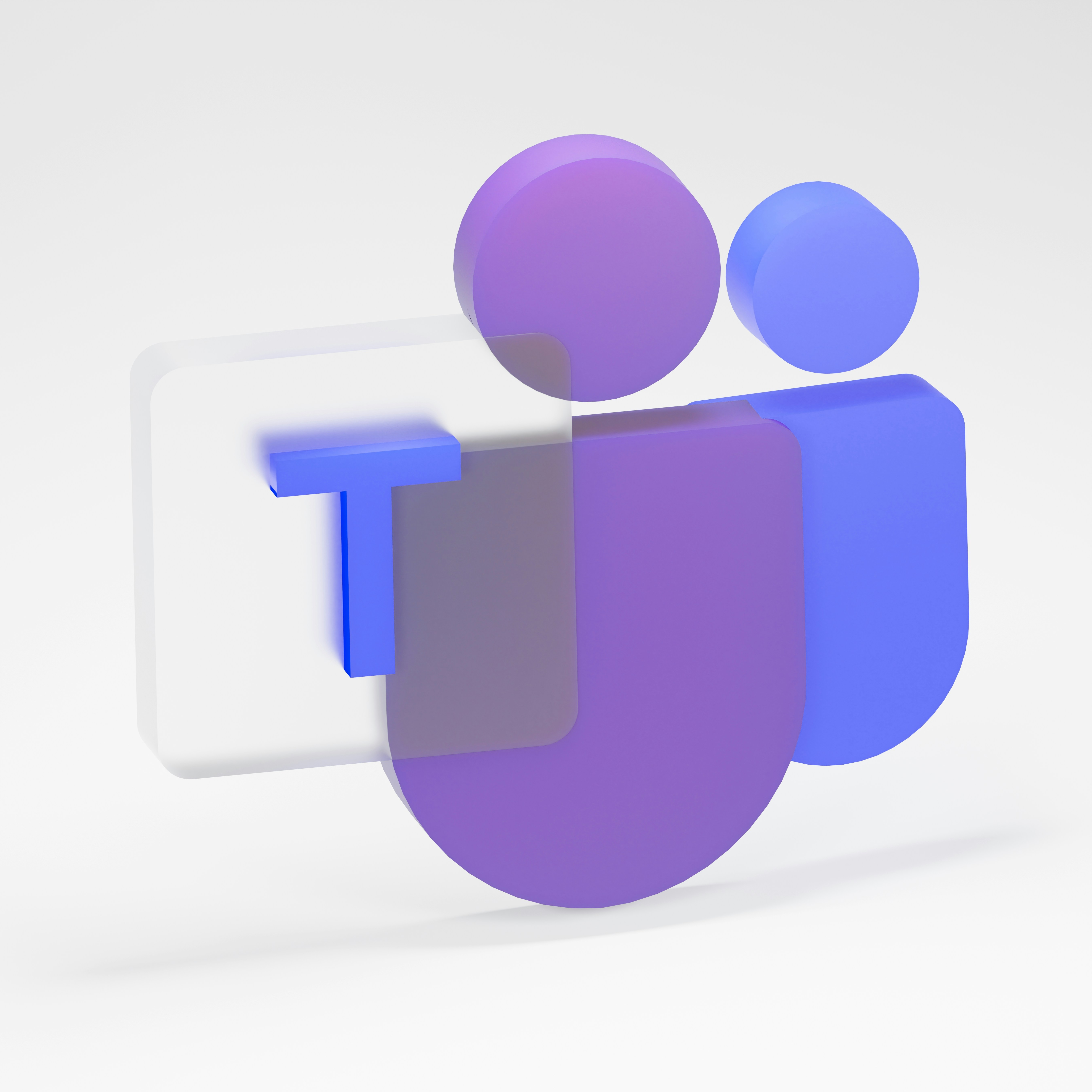Ripple Effects: How Microsoft Teams Bundling Shapes The Market

The European Union's recent antitrust charges against Microsoft have thrust into spotlight the company's strategic decision to bundle Teams with its Office suite. This move has sparked significant discourse about its impact on the competitive landscape of the video conferencing and office software markets. This article explores how this integration has altered market dynamics, the reaction from competitors, and the potential long-term effects on competition and innovation.
The Market Before Teams Integration
Overview of the Video Conferencing Software Market Pre-Teams
Prior to the integration of Teams, the video conferencing market was highly competitive, with key players like Zoom, Cisco's Webex, and Google Meet dominating. Each platform had carved out its niche, with Zoom leading in user-friendliness, Webex in security features, and Google Meet in integration with Google services.
Usage and Adoption Rates of Microsoft Office Before Teams
Microsoft Office has long been a staple in both personal and professional environments, renowned for its comprehensive suite of productivity tools. Before integrating Teams, Office's ubiquity already provided Microsoft a formidable base from which to expand its product offerings.
The Shift Post-Teams Integration
Changes in Market Dynamics
Following the integration of Teams, a notable shift occurred. Microsoft's move not only leveraged its existing Office user base but also significantly disrupted the market shares of existing video conferencing platforms. The ease of having a ready-to-use communication tool within the Office suite led to a rapid adoption, especially among enterprises that prioritized streamlined operations.
Impact on Consumer Choice and Behavior
The bundling effectively swayed a portion of the market toward Microsoft, with users appreciating the integrated experience that reduced the need for multiple separate tools. This led to a consolidation of workflow within the Microsoft ecosystem, affecting how consumers and businesses evaluated their software choices.
Responses from Competitors
Official Responses and Strategic Adjustments
Competitors responded with enhancements to their own offerings. Zoom introduced significant security updates and new features, while Google Meet integrated more deeply with other Google services, offering better deals for enterprise customers. These adjustments were direct responses to counteract Microsoft's bundled advantage.
Innovations Spurred by Increased Competition
The competition intensified innovation across the board. For instance, new startups emerged, focusing on niche areas like enhanced virtual collaboration tools and AI-driven productivity enhancements, indicating a vibrant response to Microsoft’s aggressive strategy.
Long-Term Effects on Competition
Potential Long-Term Consequences
The long-term implications for the market might tilt towards less diversity in terms of platforms but increased innovation within the remaining competitors. If Microsoft continues to dominate, there could be a risk of stifling competition, which historically leads to reduced innovation and higher prices for consumers.
Regulatory and Legal Implications
The EU’s scrutiny reflects a growing concern about tech monopolies. The outcome of this antitrust case could set a precedent for how similar cases are handled globally, potentially leading to stricter regulations on software bundling practices.
Conclusion
The integration of Microsoft Teams with Office has undeniably reshaped the competitive landscape, pushing competitors to innovate while also raising questions about fair competition practices. As the market continues to evolve, the role of regulatory bodies becomes increasingly crucial in maintaining a level playing field. The ongoing EU case against Microsoft will not only decide the fate of Teams' bundling but could also influence the strategic decisions of tech giants worldwide, ensuring that the market remains conducive to both competition and innovation.
Author: Ricardo Goulart
From Chip War To Cloud War: The Next Frontier In Global Tech Competition
The global chip war, characterized by intense competition among nations and corporations for supremacy in semiconductor ... Read more
The High Stakes Of Tech Regulation: Security Risks And Market Dynamics
The influence of tech giants in the global economy continues to grow, raising crucial questions about how to balance sec... Read more
The Tyranny Of Instagram Interiors: Why It's Time To Break Free From Algorithm-Driven Aesthetics
Instagram has become a dominant force in shaping interior design trends, offering a seemingly endless stream of inspirat... Read more
The Data Crunch In AI: Strategies For Sustainability
Exploring solutions to the imminent exhaustion of internet data for AI training.As the artificial intelligence (AI) indu... Read more
Google Abandons Four-Year Effort To Remove Cookies From Chrome Browser
After four years of dedicated effort, Google has decided to abandon its plan to remove third-party cookies from its Chro... Read more
LinkedIn Embraces AI And Gamification To Drive User Engagement And Revenue
In an effort to tackle slowing revenue growth and enhance user engagement, LinkedIn is turning to artificial intelligenc... Read more

